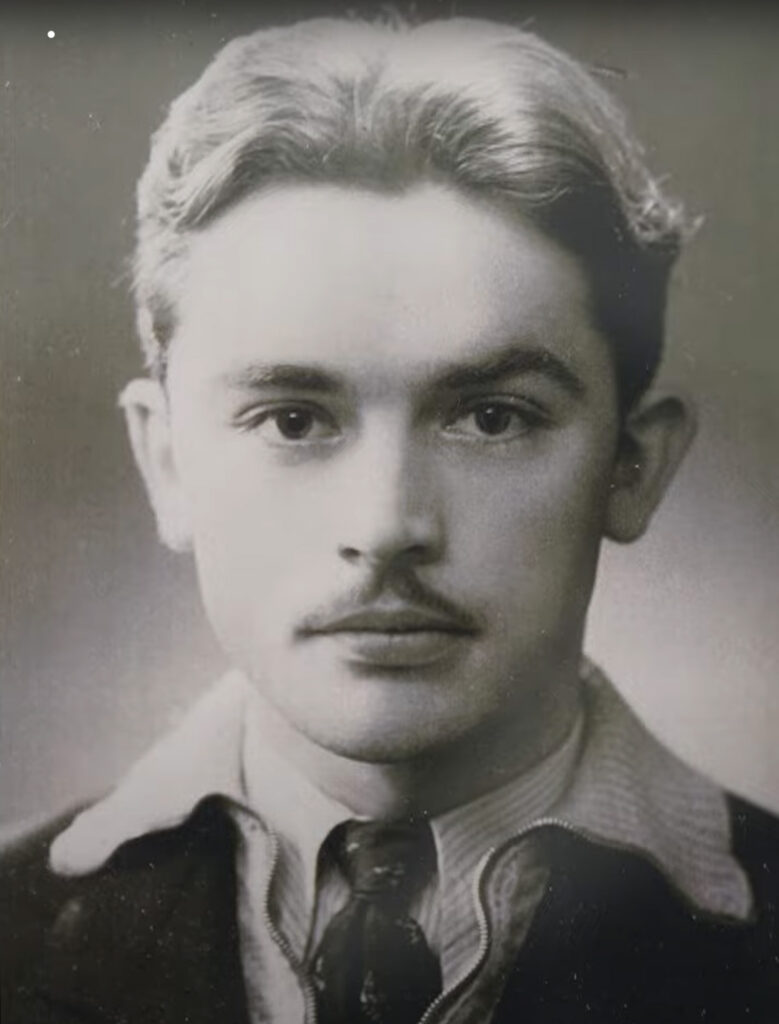No products in the cart.


Eyewitness Story: Jan Bliek
Jan Bliek lived with his parents on the road to the ferry port of Hoedekenskerke. Born in 1926, he grew up during the Great Depression, a difficult time for Dutch farmers. In the 1930s, the family read the agricultural magazine De Boerderij, which was printed near the German border. The magazine suggested that German farmers were doing well, and that the ‘common man’ had a much better life in Germany. As a result, the family developed some sympathy for Nazi Germany. However, Jan emphasizes: “That doesn’t mean I wanted a German occupation.
On May 10, 1940, Jan saw German planes flying overhead. At first, he thought they were heading for England, but a neighbor told him that the Germans had invaded the Netherlands. He was shocked by the news. After the first days of war, calm returned to Hoedekenskerke, until large groups of German soldiers arrived to guard the strategically important Western Scheldt. At Jan’s home, the barn was filled with German soldiers, who even camped in the attic of the cow stable.
Retreat and Danger
In September 1944, the German army retreated en masse from France and Belgium to regroup. Jan saw them crossing the Western Scheldt, mostly at night to avoid Allied aircraft. If they were too late, there were many casualties. Jan had the dangerous task of transporting German dead to the cemetery by horse and wagon. Just after he had taken the last bodies away, the ferry port—where they had been—was bombed.
On the morning of October 26, 1944, the Allies landed near Baarland, and Hoedekenskerke came under heavy fire. Despite the limited German presence in the village, much of Hoedekenskerke was reduced to rubble, and many civilians were killed. Jan and his family first took shelter in the cellar, but after the shelling, they decided to leave. “We were so foolish to leave,” Jan recalls. Leaving the animals behind was especially difficult for him. Shells hit the cow stable, and all the animals were killed. “When I think back on that, I don’t feel too well,” he says, shaking his head.


The Aftermath
When the family returned home, Jan was 18 years old. They were met with hostility due to their earlier sympathies for the Germans. Although the family had never betrayed anyone, Jan and his father were arrested. Jan was only held for a few days, but his father was sent to a camp in Rilland-Bath, where he suffered from hunger. He was later transferred to Ellewoutsdijk and Middelburg, where he was eventually released.
Jan still deeply regrets his past. “I would never do it again. Never. It was foolish nonsense,” he says.
His story serves as a poignant reminder of the complex choices and consequences faced by ordinary people during the occupation, and of the heavy toll the war took.

